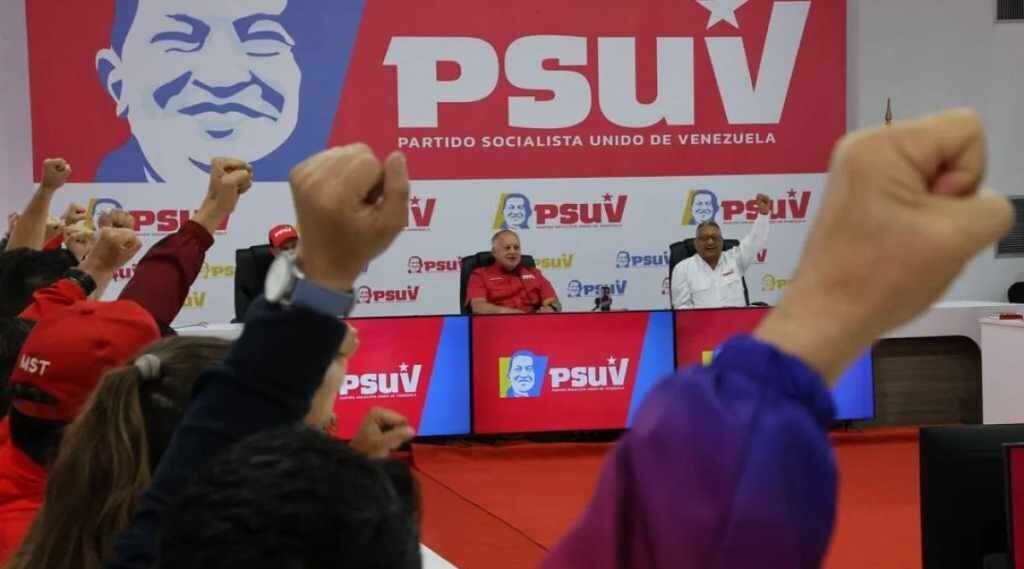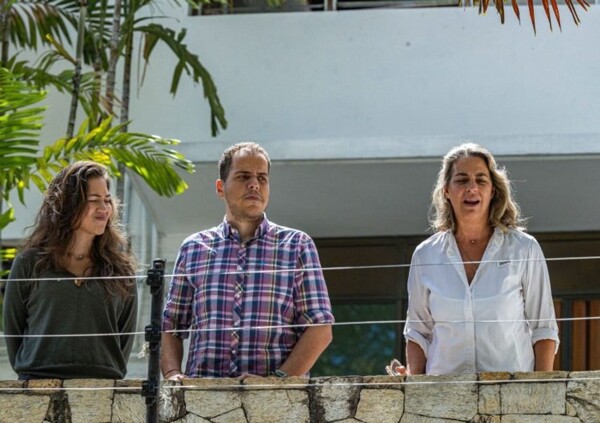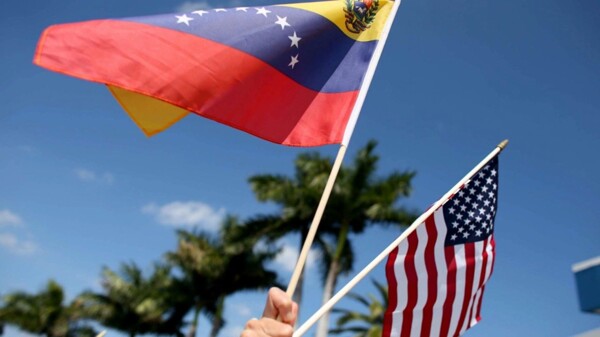
Venezuela bets on a sovereign destination. Today, the first vice president of the PSUV, Diosdado Cabello, highlighted the importance of countries in the region responding collectively at the meeting called by the Community of Latin American and Caribbean States (Celac). Cabello expressed his opinion during the weekly press conference of the United Socialist Party of Venezuela (PSUV), where he pointed out that the call for this meeting should have been made in advance.
"It is essential to review a proposal as a block, with a solid stance from the peoples of our America, of the Great Homeland, against aggressions towards any member of the Celac. Anyone who thinks that these attacks are isolated is mistaken and sooner or later they can affect everyone," reflected the political leader.
He emphasized the response that Venezuela has historically given to attacks, blockades, and sanctions, always based on dignity, integrity, respect for the country’s sovereignty and independence. Cabello stressed the importance of remaining firm and unequivocal in the face of any adversity.
He wished that from the meeting called for next Thursday by Celac, proposed by the pro tempore president, Honduran leader Xiomara Castro, a unified response in line with present and future challenges would emerge. He highlighted the strength of countries like Cuba, Nicaragua, and Venezuela, which have withstood numerous aggressions throughout history and have emerged victorious.
The urgently called meeting by the rotating president of Celac will bring together the presidents and heads of state of the Latin American and Caribbean bloc to address issues such as migration, the environment, and unity in the region. This meeting gains relevance in the context of recent decisions by former U.S. President Donald Trump regarding the treatment of migrants and the controversial mass deportations, which have been criticized by some governments in the region.













